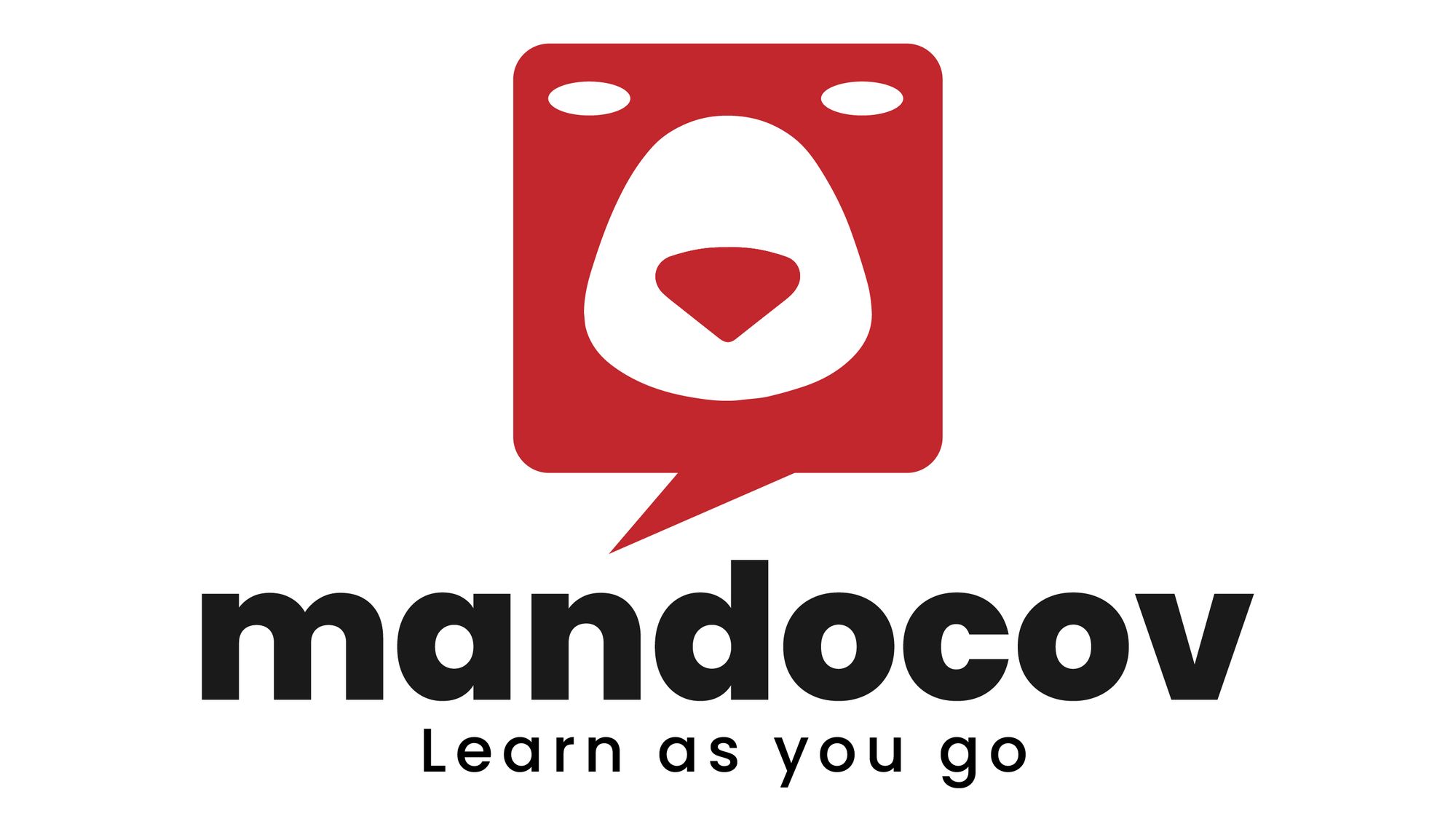Journaling through the years

In 2011, I stumbled upon a Reddit post describing journaling as a way to slow down and untangle one’s thoughts. As a college sophomore juggling a part-time job, full course load, a girlfriend, and pressure from my parents, it immediately resonated with me. At the time, I was constantly grappling with negative self-talk and the feeling of not living up to my potential. I decided to pick up a simple, blue faux-leather A5 journal—just $10 at Walmart—and began writing.
Today, when I recommend journaling, the most common response I hear is, “I don’t know what to write.” This was never an issue for me. I instinctively put pen to paper and let my thoughts flow—whether they were about my day, school stress, or my relationship. Though I didn’t journal daily, I often found myself writing long, multi-page rants when I did. The process was sporadic at first, but it was something I enjoyed, so I kept at it. My first journal took about three years to fill, and by the time I finished, I craved something with more quality. I found a better journal and continued.
Eventually, I added a pocket notebook to the mix—a 3”x5” spiral journal that fit in my back pocket. I used it for quick thoughts or ideas in the moment. It was a simple tool but incredibly effective. That little journal taught me to remain present, notice patterns in my thoughts and actions, and consciously work on what I wanted to change.
After 13 years of journaling—using everything from Midori notebooks to digital journals on Notion and now my Kindle Scribe—I still don’t know if there’s a “best” way to journal. But one thing remains true: I’m still journaling. It’s a habit I enjoy, and that’s enough for me. I write almost daily now, though my topics haven’t changed much. They’re still about my day or random thoughts, and some of those thoughts aren’t even ones I fully believe. But I write them down anyway.
The act of journaling slows my thinking and helps me untangle my thoughts. So, when I recommend journaling, I offer the same advice: just write what you’re thinking. There’s no rubric, no grade, and no one will read it unless you want them to.
